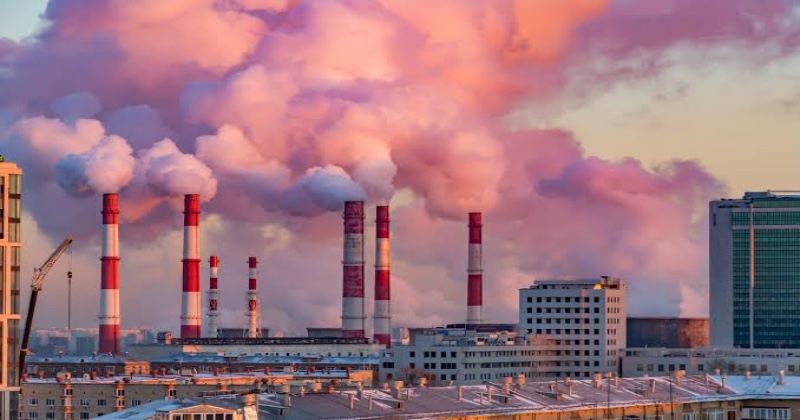
A recent study conducted by researchers from Harvard T.H. Chan School of Public Health in the US has highlighted the potential long-term risks of exposure to fine particle air pollutants (PM2.5) and nitrogen dioxide (NO2) for older adults. The study, which examined data from millions of Medicare beneficiaries, discovered a link between prolonged exposure to PM2.5 and NO2 over a decade and an increased risk of developing colorectal and prostate cancers. Even low levels of air pollution were found to elevate susceptibility to these cancers, as well as breast and endometrial cancers.
The research sheds light on the plausible biological mechanism linking air pollution to specific cancer development. Yaguang Wei, a research fellow at Harvard’s Department of Environmental Health, emphasized the importance of comprehending air pollution’s impact on human health and striving for equitable access to clean air for all populations.
Although the connection between air pollution and lung cancer has been established and a potential link to breast cancer has been emerging, few studies have delved into the effects of air pollution on prostate, colorectal, and endometrial cancer risk. The researchers analyzed extensive data from Medicare beneficiaries aged 65 or older between 2000 and 2016, focusing on those who were initially cancer-free for a decade.
The study created distinct groups for various types of cancer, including breast, colorectal, endometrial, and prostate cancers, involving millions of subjects in each category. Factors such as age, sex (specifically for colorectal cancer), race/ethnicity, average BMI, and socioeconomic status were considered in subgroup analyses for cancer risk.
Utilizing diverse sources of air pollution data, the researchers constructed a predictive map of PM2.5 and NO2 concentrations across the US, connecting these figures to beneficiaries’ residential ZIP codes to estimate their individual exposures over a 10-year span. The study found that chronic exposure to PM2.5 and NO2 increased the risk of colorectal and prostate cancers, while no association was observed with endometrial cancer risk.
The study indicated that NO2 exposure was linked to an increased risk of breast cancer, while the connection with PM2.5 was inconclusive, potentially due to the complex chemical composition of PM2.5. The associations were more pronounced for breast cancer when analyzing regions with lower air pollution levels and relatively stable PM2.5 composition.
Furthermore, stronger associations between pollutant exposures and endometrial cancer risk were identified at lower pollution levels. Study senior author Joel Schwartz, a professor of environmental epidemiology at Harvard, highlighted the inadequacy of current US air pollution standards in safeguarding public health. He emphasized that stricter standards are necessary to prevent thousands of unnecessary cases of multiple cancers each year caused by air pollution

Post Your Comments